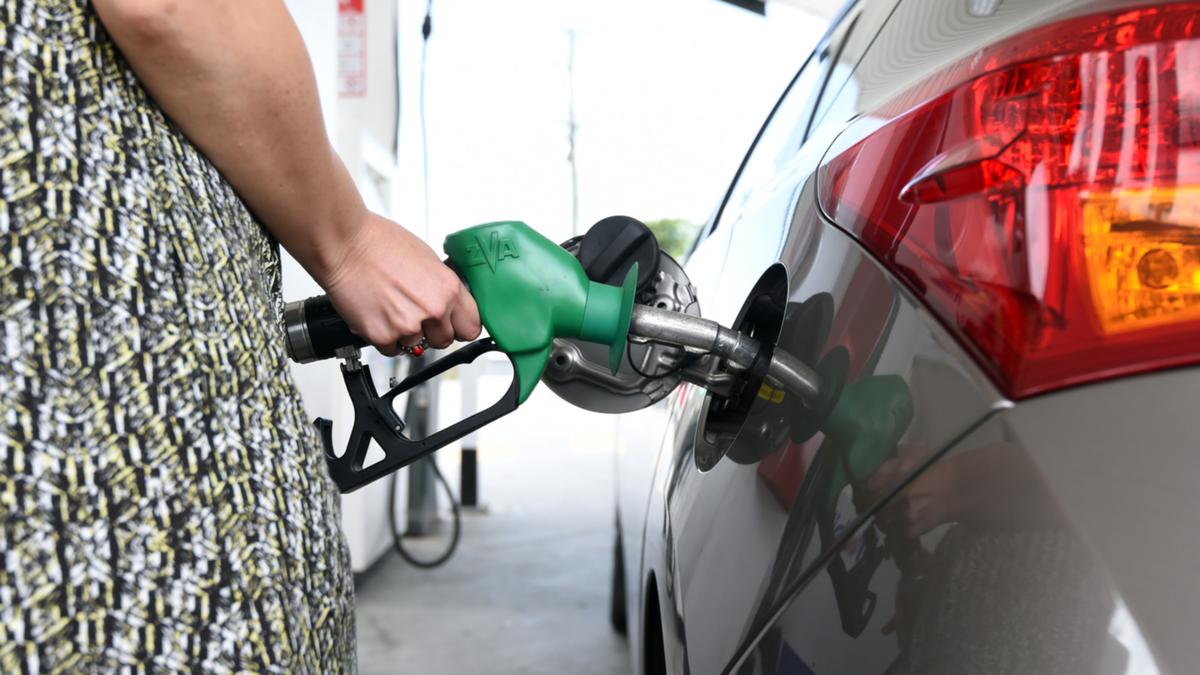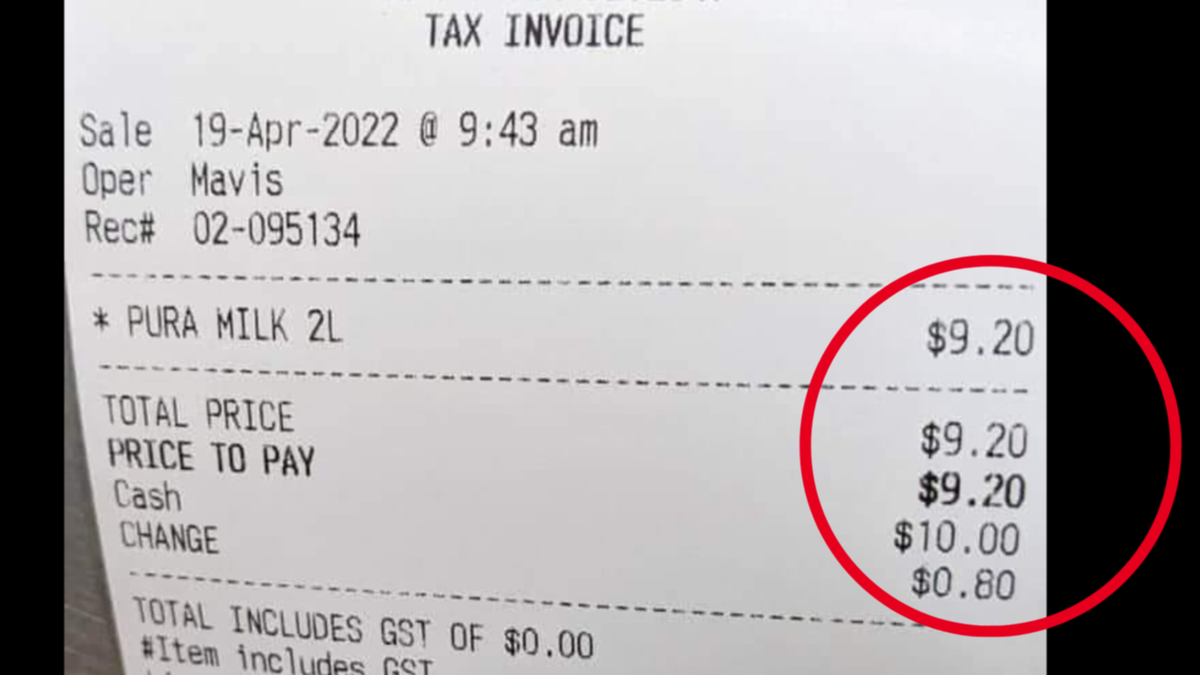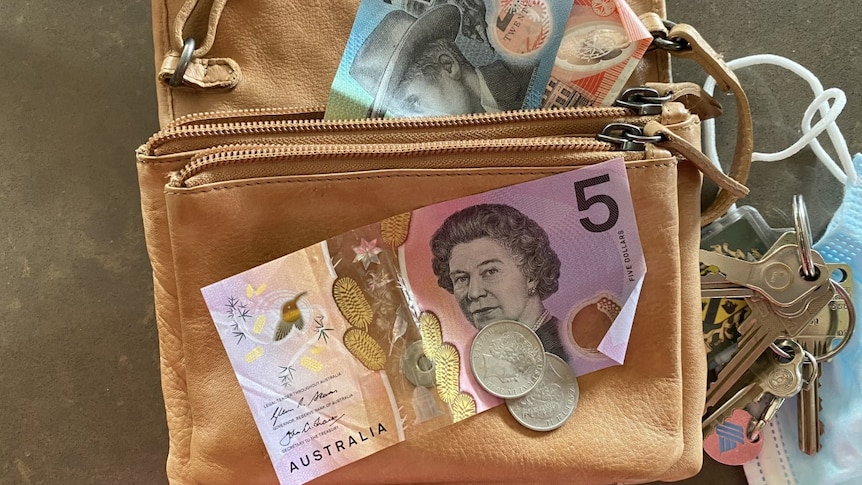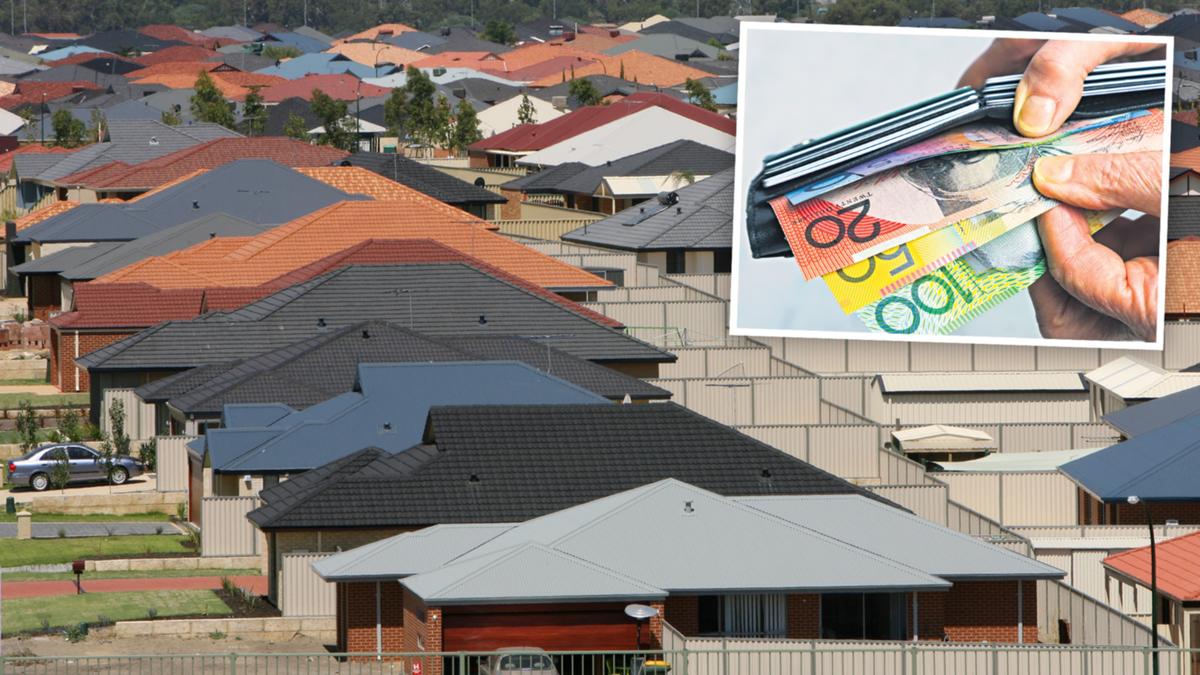Prime Minister Anthony Albanese says the government will investigate claims former prime minister Scott Morrison swore himself in as joint health, finance and resources minister during the height of the pandemic.
Key points:
- Scott Morrison reportedly made himself joint minister of several portfolios during COVID-19
- Members of Mr Morrison’s cabinet were kept in the dark about the power grab
- The Department of the Prime Minister and Cabinet has referred the issue to the solicitor-general
Mr Albanese says the Department of Prime Minister and Cabinet is seeking legal advice from the solicitor-general.
The ABC understands then-health minister Greg Hunt agreed to Mr Morrison’s joint position as a safeguard to incapacitation from COVID-19, but that Matthias Cormann was not told that Mr Morrison had appointed himself as joint finance minister.
Former resources minister Keith Pitt has told the ABC Mr Morrison also used his self appointment to Mr Pitt’s portfolio to block a controversial petroleum exploration licence.
Prime Minister Albanese said the revelations were “extraordinary”.
“The people of Australia were kept in the dark as to what the ministerial arrangements were, it’s completely unacceptable,” Mr Albanese said.
This is very contrary to our Westminster system. It was cynical and it was just weird that this has occurred.”
Mr Albanese said it was a serious allegation, but also “just weird”.
“Perhaps this explains why we didn’t order enough vaccines. I mean, the Minister for Health might have thought the Prime Minister was ordering them because he was also the Minister for Health, and he thought the Minister for Health was ordering them,” Mr Albanese joked.
Former Morrison minister slams secret appointments
Nationals leader David Littleproud, who served as agriculture minister under Mr Morrison, told ABC Radio this morning he did not know the former prime minister had sworn himself into several roles.
“That’s pretty ordinary, as far as I’m concerned,” Mr Littleproud said.
“If you have a government cabinet, you trust your cabinet.”
Mr Littleproud said to his knowledge, the then-Nationals leader Barnaby Joyce was also not made aware of Mr Morrison’s self-appointments.
“These are decisions of Scott Morrison. I don’t agree with them, and I’m prepared to say that openly and honestly,” Mr Littleproud said.
Mr Morrison also used his self-appointment to the resources portfolio to overrule the then-minister to block a petroleum exploration license off the NSW Central Coast.
National MP Keith Pitt told the ABC he “certainly made inquiries” when Mr Morrison told him about the joint-appointment, but ultimately accepted the move.
“I certainly found it unusual, but as I said I worked very closely with Scott through a very difficult period through COVID,” Mr Pitt said.
“I’m just not going to throw him under a bus, I just won’t.
“It was clearly something I was concerned about, as you would expect.”
Former Labor leader Bill Shorten, who lost the 2019 election to Mr Morrison, said it was a bizarre decision by the former prime minister.
“To find out he was ghosting his own cabinet ministers, goodness me, he was off on a trip,” Mr Shorten said.
“Honestly I’ve never heard of this, in World War II I’m not aware John Curtin swore himself in as Defense Minister … I don’t know what was going through [Mr Morrison’s] head.
“If he felt the need to do it, why not tell people? Why be secretive?”
Mr Albanese said he would not pre-empt the findings of the solicitor-general as to whether the former prime minister broke the law.
But he noted it was possible there were other secret appointments made by Mr Morrison.
Constitutional expert says self-appointments were inexplicable
Professor Anne Twomey, an expert in constitutional law, said it was “confusing” how Mr Morrison may have taken joint control of several portfolios.
Professor Twomey said only the Governor-General can swear in a minister, but noted reports that Mr Morrison may have found an administrative workaround.
She said there were already provisions for other ministers to take over portfolios if a minister is incapacitated, and it seemed unnecessary.
“What on Earth was going on, I don’t know, but the secrecy involved in this is just bizarre,” Professor Twomey said.
“You just wonder what’s wrong with these people that they have to do everything in secret.”
live updates
By Shiloh Payne
That’s all for the press conference
To recap, Prime Minister Anthony Albanese says he will be seeking legal advice from his department after revelations Scott Morrison appointed himself to multiple portfolios.
Here’s what we know:
- Mr Morrison granted himself powers of Health, Finance and Resources Minister at various points when he was Prime Minister.
- Some Ministers knew at the time, but others didn’t.
- Mr Albanese has described the former prime minister’s actions as contemplated for the democratic process.
- Mr Albanese will be briefed on the claims later this afternoon.
The solicitor-general will also be providing advice.
By Shiloh Payne
PM describes Morrison’s actions as ‘contempt for democratic process’
Prime Minister Anthony Albanese says Scott Morrison’s appointments as different ministers could have caused confusion in the government.
“Perhaps this explains why we didn’t order enough vaccines,” he says.
“The Minister for Health might have thought the Prime Minister was ordering them because he was also the Minister for Health and he thought the Minister for Health was ordering them.”
“What we know is that this is a shambles and it needs clearing up and the Australian people deserve better than this contempt for democratic processes and for our Westminster system of government, which is what we have seen trashed by the Morrison Government.”
By Shiloh Payne
Key Event
Will the solicitor-general look into this?
The Prime Minister is taking questions.
He was asked if the solicitor-general will look into these claims regarding Scott Morrison, here’s what he says:
“I have asked the Secretary of the Department of Prime Minister and Cabinet,” he says.
“We will be seeking advice from appropriate people including the Solicitor-General about all of these issues.
I’ll be getting a full briefing this afternoon. This is dripping out like a tap that needs a washer fixed and what we need is actually to get the full flow of all the information out there and then we’ll make a decision about a way forward here.
“But these circumstances should never have arisen.”
By Shiloh Payne
‘Nothing about the last government was real, PM says
Prime Minister Anthony Albanese says there is an ‘absolute need’ for clear transparency.
“This isn’t some local footy club,” Mr Albanese says.
“This is a government of Australia where the people of Australia were kept in the dark as to what the ministerial arrangements were.”
“It’s completely unacceptable.”
By Shiloh Payne
PM: ‘Whole lot of questions arise’ from Morrison portfolio claims
Prime Minister Anthony Albanese says claims that Scott Morrison took on additional portfolios as “extraordinary and unprecedented”.
He says he will have briefings on the situation when he returns to Canberra this afternoon.
“A whole lot of questions arise from this,” he says.
“What did Peter Dutton and other continuing members of the now shadow ministry know about these circumstances?
“How is it that the Australian people can be misled whereby we know now that Scott Morrison was not only being Prime Minister, but was Minister for Health, was Minister for Industry and Science at the same time as resources, was the Minister for Finance, and we had the extraordinary revelation that Mathias Cormann, apparently, wasn’t aware that Scott Morrison was the Minister for Finance as well as himself.”
By Shiloh Payne
Key Event
You can watch the press conference here
Prime Minister Anthony Albanese is speaking in Melbourne.
You can watch it here:
loading
By Shiloh Payne
Anthony Albanese is speaking in Melbourne
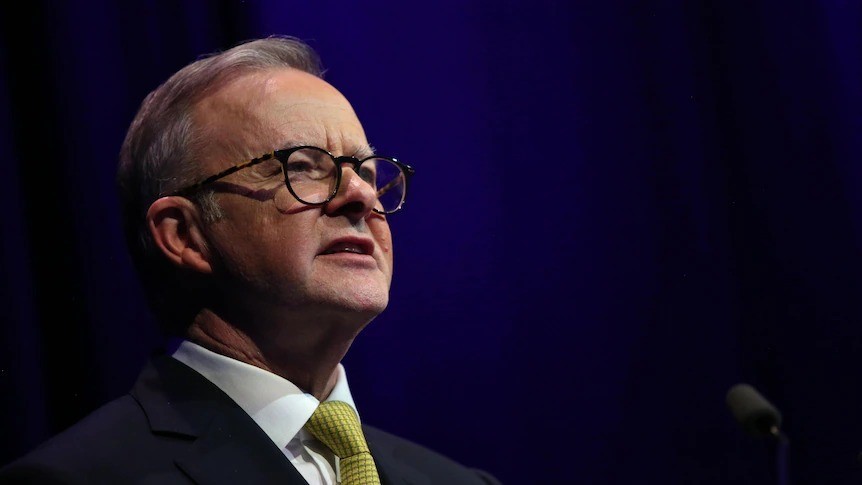
Prime Minister Anthony Albanese is speaking to the media in Melbourne.
He is expected to discuss the government’s plans to investigate claims that former prime minister Scott Morrison had secretly sworn himself into three ministerial positions at the height of the pandemic.
There are claims Mr Morrison swore himself in as joint health, finance and resources minister.
Good morning, I’m Shiloh Payne and I’ll be taking you through the latest updates.
posted , updated
.



